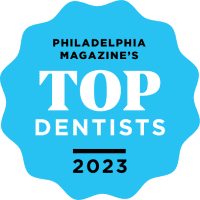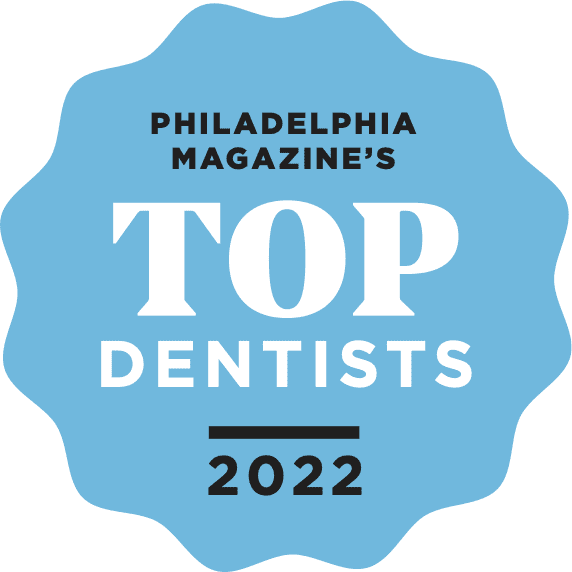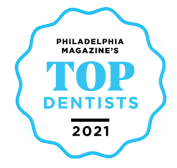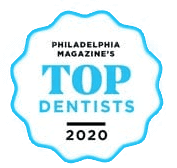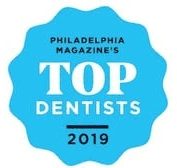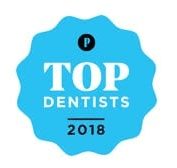The dental industry is proud to have a high standard of infection control and sterilization practices present, even before the COVID-19 crisis. This pandemic has made us step up even further to make sure our patients are safe. Dr. Drew Shulman, a dentist in northeast Philadelphia, explains how dental sterilization and infection control work in his office.
Complying With the CDC and ADA Guidelines
These two agencies have been working together since 1993 to develop and implement infection control and sterilization guidelines for the dental industry. They continuously work to update the guidelines and ensure that the latest technologies and techniques are being recommended and used. A CDC document contains checklists and tools so that dental workers can make sure they’re following the correct protocols.
Personal Protective Equipment (PPE)
PPE is necessary for the safety of both patients and staff. One of the most important aspects of dental PPE is disposable gloves. Gloves are changed between patients and when surfaces like the computer are touched. Depending on the dental services being offered, gloves may be changed multiple times with one patient. Proper handwashing techniques are followed before a pair of gloves is put on.
Patients are given bibs and staff has protective coverings to avoid contamination of skin or clothing. Masks are worn by staff, especially now with COVID-19. Eye protection is also a standard component of dental worker PPE. However, you may see staff with full-face shields as these are recommended for medical personnel due to COVID-19 precautions.
Disinfection and Sterilization Techniques
Due to the nature of dental work, there are some tools that have to be reused from patient to patient. This means that the highest standards of sterilization have to be met for said tools. For high-risk tools, such as those used for oral surgery or periodontal therapy, this means being sterilized with heat. Lower-risk tools are also sterilized in this manner when they’re made of materials that can handle the high temperatures.
Other dental tools are completely disposable or have crucial parts that are. Patients know that they’re getting something new at the beginning of their appointment. For surface sterilization, such as on exam chairs and other surfaces in exam rooms, they’re wiped down thoroughly with a disinfectant solution. This is also done in high-traffic areas like the reception desk and surfaces in the waiting room.
With COVID-19, precautions have to be stricter. We’re limiting the number of people allowed in the waiting room at once. We may ask you to call when you’re here and wait in the parking lot until we come to get you. Masks, temperature checks, and COVID-19 questionnaires may be required before you can enter the building. Upon entering the office, we may ask you to use hand sanitizer and use an oral disinfectant rinse.
Staying Safe at Your Northeast Philadelphia Dentist
We want our patients to know that their safety is our highest priority. That’s why dental sterilization is so important to us. Call us or schedule an appointment online.

